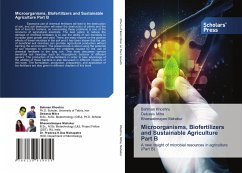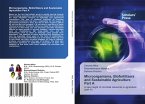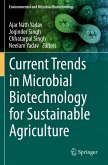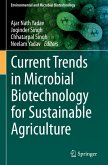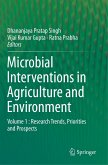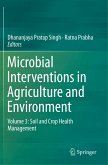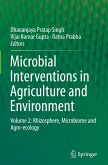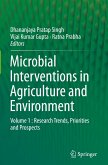Excessive use of chemical fertilizers will lead to the destruction of soil, and soil destruction will mean the destruction of plants and the lack of food for humans, so overcoming these problems is one of the concerns of agricultural scientists. The best option to reduce the damage of chemical fertilizers is to use the ability of soil microbes to increase plant growth and yield. There are many reports on the positive effects of these microbes in the soil and it has been shown that the use of beneficial soil microbes can promise agricultural production without harming the environment. The present book is about using the potential of soil microbes to overcome the problems caused by the use of chemical fertilizers in the long run. This book discusses various beneficial soil microbes such as rhizospheric bacteria of different genera. The production of bio-fertilizers in order to take advantage of the abilities of these bacteria is also discussed in different chapters of this book. The formulation, production, preparation, and application of bio-fertilizers are also given in different chapters of this book.
Bitte wählen Sie Ihr Anliegen aus.
Rechnungen
Retourenschein anfordern
Bestellstatus
Storno

